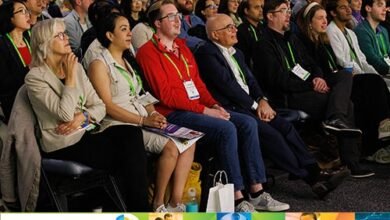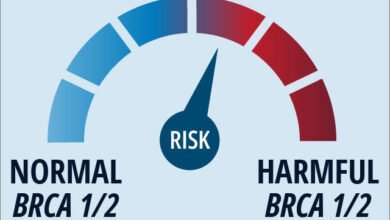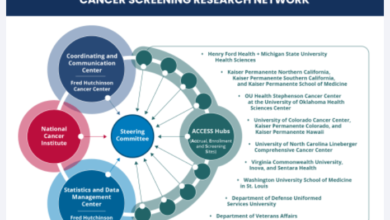Black in Cancer Marks Two Years of Progress

Two years ago, amid increased awareness of the need to diversify the scientific work force and end cancer health disparities, a pair of early-career scientists launched Black in Cancer. Organizers Henry J. Henderson III, PhD, then a postdoctoral fellow at Vanderbilt University School of Medicine, and Sigourney (Bell) Bonner, PhD student at the University of Cambridge, told Cancer Research Catalyst they envisioned the group as a way to increase the visibility of Black scientists while providing resources and inspiration to future researchers, patients, and society as a whole.
As Black in Cancer marks its second anniversary, the group shared an update in Cancer Discovery, a journal of the American Association for Cancer Research (AACR), noting many concrete measures of success:
“In just two years, we executed one in-person conference and two virtual conferences for Black in Cancer week, partnered on about $2 million over three years to fund Black scientists, established a fiscal sponsorship, and launched our mentorship program,” the authors wrote.
In an email interview this week, Bonner cited the October 2022 conference, held in London in conjunction with Cancer Research UK, as perhaps the most thrilling milestone to date. Members gathered for two days for scientific talks, poster presentations, and career roundtable sessions. Among several timely topics, attendees discussed clinical trial representation. Citing data that show that Black men represent less than 5% of clinical trial participants, and Black women represent less than 2%, the authors said Black in Cancer aims to bridge knowledge and cultural gaps, with the goal of increasing trust and encouraging more Black patients to enroll in clinical trials.
PhD student
“It had always been a dream of ours to bring together these communities that had been communicating over social media and oceans over the last couple of years, but to finally be able to do it and feel the support and energy from the scientific, medical, and advocacy communities was so electric,” Bonner said, adding that planning is underway for a 2023 conference in the United States.
Another key achievement in Black in Cancer’s first two years is the group’s Mentorship and Outreach Program. The organizers of Black in Cancer were well aware that many young Black students have less extensive professional networks than some of their peers, making it harder to secure internships or other research opportunities. To that end, Black in Cancer shared their program curricula with comprehensive cancer centers in the United States and United Kingdom and received multiple pledges to support Black in Cancer mentees. To date, the program has supported 28 students—13 from the United Kingdom and 15 from the United States.
Black in Cancer was launched in the summer of 2020, as the murders of George Floyd, Breonna Taylor, and others exposed racial inequities in America. At the same time, Black people around the world were experiencing disparities in outcomes from COVID-19, following a pattern that had long been observed in cancer. The confluence of these events shone a light on cancer health disparities, which the AACR has long combated through research, scientific publications, and conferences. To learn more about our commitment to achieving the bold vision of cancer health equity for all, see our website.
In addition to their efforts to support Black students and diversify the scientific workforce, the Black in Cancer founders want to impart knowledge and resources to Black communities, ultimately increasing their engagement and trust in health care.
“The fight is not yet complete,” the leaders wrote in their Cancer Discovery commentary. “Black people are still underrepresented in research while being overrepresented in cancer mortality.” However, the founders are encouraged by the significant support they’ve received from cancer centers and funders, as well as positive feedback from Black cancer patients.
“Seeing patients reach out to us to find community and resources has been amazing and has definitely meant that our impact has already gone beyond what we had imagined,” Bonner concluded.
Source link
#Black #Cancer #Marks #Years #Progress



